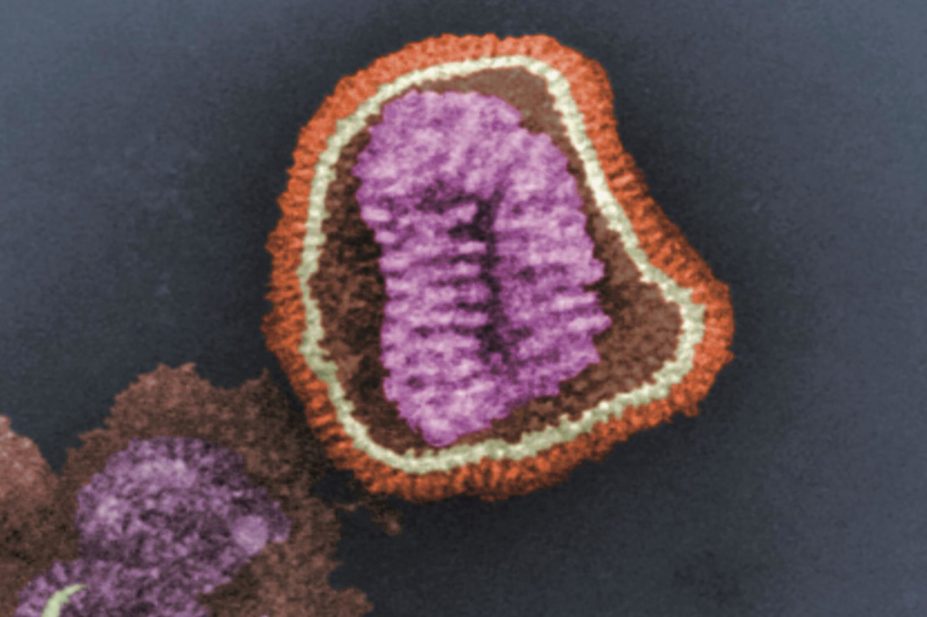
Wikimedia Commons
For a long time, researchers have wanted to create a vaccine effective against a broad range of influenza strains to avoid having to formulate a different vaccine each year.
Researchers at Janssen and Scripps Research Institute in California created a vaccine using the stem of the viral protein hemagglutinin that is common to many strains. They first had to modify the protein so that it was structurally stable, ensuring that it elicits an effective immune response.
After a number of rounds of modifications, the final vaccine candidate completely protected mice and reduced fever symptoms in nonhuman primates exposed to influenza type A group 1 viruses, report the authors in Science on 24 August 2015[1]
.


